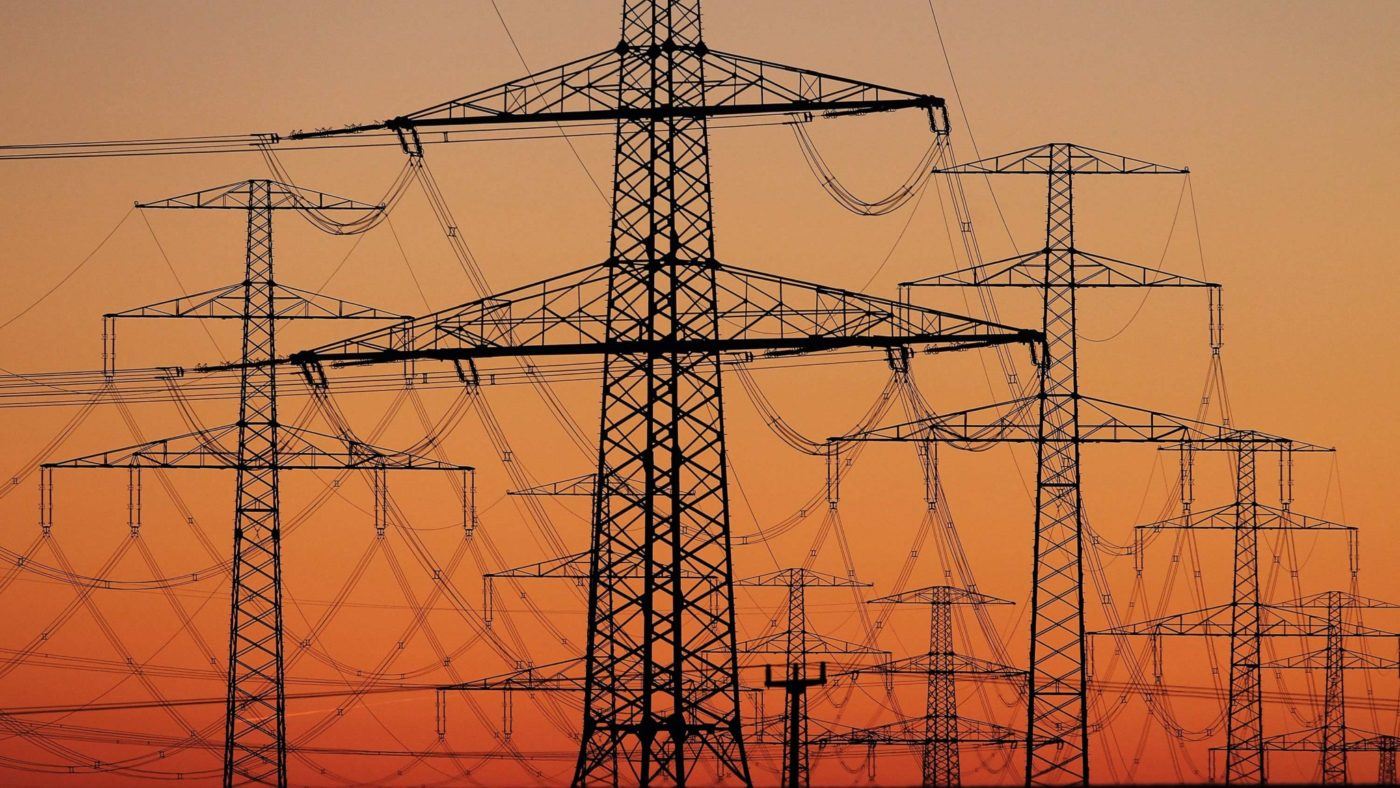The Conservative Party has put energy at the heart of this general election campaign by pledging a price cap. The business secretary, Greg Clark, says he wants the market to treat people in a “fair and reasonable” manner.
This comes after the Competition and Markets Authority found people had overpaid by £1.4 billion a year for their energy and concluded that recent price hikes by companies showed there was a need for government to intervene.
Unfortunately, a price cap alone won’t cure an increasingly dysfunctional energy market which is tipped in favour of the “Big Six” energy companies.
It has become abundantly clear that elements of the regulatory process are no longer fit for purpose – and that the big companies have been taking advantage of consumers.
We at the Flexible Generation Group, a collection of smaller energy generators and investors – including Alkane Energy, Eider Reserve Power, PeakGen Power, Prime Energy Ltd, and Welsh Power – are particularly concerned that these main players have undue influence within the regulatory processes of Ofgem.
Between us, members of the Flexible Generation Group own and operate about 800 MW of generation on the UK electricity system. We started setting up around five years ago, in response to renewable energy taking a greater slice of the UK energy market. And we now play a critical role in rapidly providing large quantities of power when there are short-term periods of low renewable production – particularly from wind and solar power.
At present, our members are delivering the lowest cost new generation capacity to Britain – and efficiently providing fast and flexible services to the grid. But the Big Six regard any new players as a serious threat to their longer-term market dominance and are effectively ganging up on us.
Specifically, we suspect that they are involved in a forthcoming Ofgem ruling that will destroy our growing industry and consolidate their dominance to the detriment of the average customer.
The ruling will effectively force anyone buying electricity produced locally – which is what our members do – to pay for the cost of the national grid, even though the power has never been on the transmisson system. It’s a ruling that will make it far harder for our members to do business economically and will threaten their increasingly vital role within the UK energy mix.
And here’s the rub. The decision makers on Ofgem’s Connection and Use of System Code (CUSC) panel overwhelmingly represent companies, including EdF, SSE, Scottish Power and Uniper (which used to be a part of EoN), which will benefit from what is being proposed.
It is their recommendations which Ofgem has said it is “minded to” accept in its ruling next month. New entrants into the market, however, have no representation on this panel, despite repeated entreaties that our voices be heard and interests represented.
We urge the government that is formed on June 9 to take a close look at a ruling that threatens to hit flexible, smaller generators hard – and let’s not forget that these are agile energy suppliers that play an increasingly vital role in keeping the lights on during periods of low renewable production.
The Big Six’s dominance within Ofgem has resulted in them acting like the mafia, determined to see off any threat to their market dominance. It’s not right and it’s time to put a stop to it.


